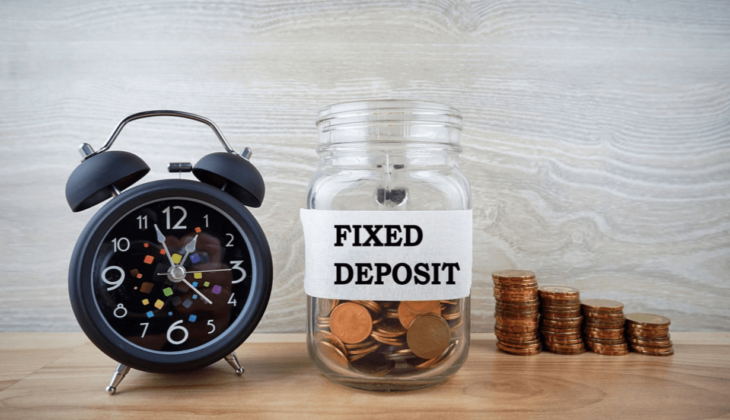What are Fixed Deposits
In simple terms, when you receive a fixed amount of interest on a particular principle amount you have deposited in the bank, it is called a fixed deposit. This interest is received monthly, quarterly, or annually. A basic fixed deposit is the most popular type of fixed deposit that investors choose. But, there is more to the world of fixed deposits. First bank fixed deposit account (FD account) is not the only way to invest in it. Second, there’s one more type of fixed deposit in terms of the structure of payment. Let’s delve deeper into this.
Bank FD vs. Company FD
While bank FD is well-understood, company FD is lesser-known as compared to the former. Money is deposited with the corporates and upon the maturity of the CFD scheme you have chosen, money is returned with promised returns. Though returns on corporate FDs are in line with the bank FDs, the latter is considered a more secure and safer option. Not only bank FDs are government-backed if ever the bank goes bankrupt during the tenure of your FD, but deposits are also insured only up to Rs 1 lakh per bank by the Deposit Insurance and Credit Guarantee Corporation
Interest from both types of FDs is calculated on the basis of income tax slab you fall under. More income is equal to more tax. An article published in the Economic Times, May-2019, explains that “according to the Income-tax Act, 1961, the tax will be deducted at source (TDS) on the interest earned from a bank FD if the interest exceeds Rs 10, 000 a year. For company deposits, the limit is Rs 5,000. You can save on TDS by submitting 15G Form (or Form 15H for senior citizens), if you are eligible, to the bank or NBFC.”
While searching for best FD rates in India, the tenure of FD is another important consideration other than interest. While the range of tenure of bank FD can be as short as seven days and as long as ten years, the minimum tenure of company FDs begins at six months and goes up to ten years. Further, bank FDs allow you to open an FD account at much lower deposit amounts as compared to company FD.
Fixed Deposits vs. Recurring Deposits
So, apart from paying a lump sum, you may also choose to deposit money monthly over the course of tenure you have chosen. It can range from one to ten years. Remember that the rate of interest remains the same throughout the term of the investment. The advantage of a recurring fixed deposit is that you get the flexibility to deposit amount at your own convenience. However, FD brings in more profit as compared to a recurring fixed deposit because installments affect the rate of interest you earn. It is recommended to use a monthly interest FD calculator to get an idea about how much profit are you going to earn based on the scheme and bank you have chosen.
